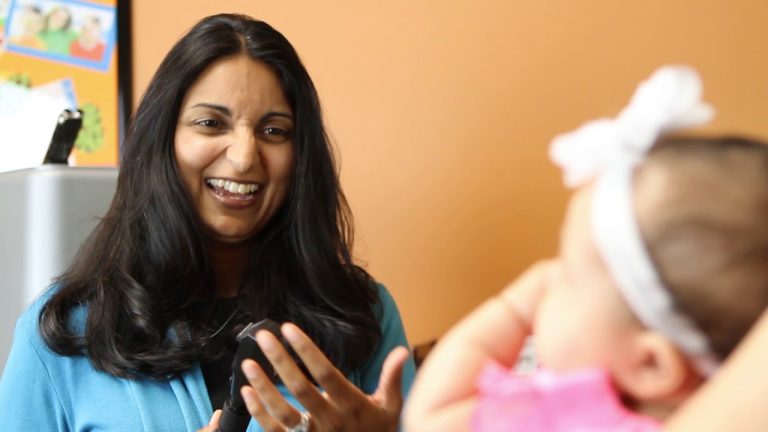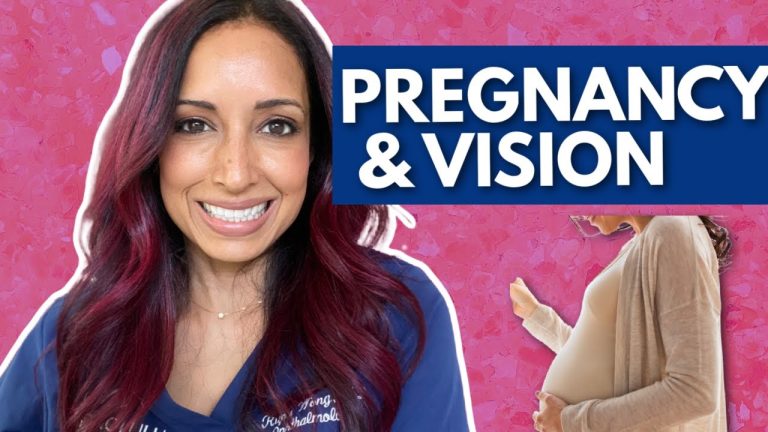Why Children’s Eye Care is Essential When Taking Antipsychotics: Tips and Products for Optimal Vision Health
Healthy eyesight is vital for every individual, especially for children as it plays a significant role in their growth and development. As we all know, the eye is the window to the world, and for children, visual learning accounts for almost 80% of their cognitive development. Therefore, it is essential to take care of their eye health to ensure they have the best vision possible.
Our aim as parents, caregivers, or healthcare professionals is to provide the best possible eye care for children. However, certain prescribed medications can have adverse effects on their vision. One such medication is antipsychotics or neuroleptics that are commonly used to treat mental health conditions like schizophrenia and bipolar disorder in children. While these medications are beneficial in treating the underlying condition, they can interfere with a child’s vision, leading to long-term consequences.
Antipsychotic medications and their effects on vision
Antipsychotics or neuroleptics work by altering the levels of neurotransmitters in the brain that are responsible for mood, behavior, and perception. These drugs are known to affect various parts of the body, including the eyes. The most common side effect of antipsychotics on the eyes is the induction of cataracts, which can lead to long-term vision loss. Cataracts are a clouding of the eye’s natural lens, leading to blurred vision, color distortion, and difficulty seeing at night.
Another rare but severe side effect of these medications on vision is retinal toxicity. The retina is the light-sensitive layer at the back of the eye that is responsible for sending visual information to the brain. Antipsychotics can cause degeneration of the retina, leading to permanent vision loss or even blindness. Therefore, it is essential to monitor a child’s vision regularly when they are on antipsychotic medication.
Tips for children’s eye care while on antipsychotics
While it is crucial to treat mental health conditions in children, it is equally important to prioritize their eye health. Here are some tips for parents, caregivers, and healthcare professionals to ensure children’s eye care while on antipsychotic medication:
- Regular eye exams: Children on antipsychotic medication should have regular comprehensive eye exams to monitor any changes in their vision.
- Reporting any changes in vision: Parents and caregivers should look out for any changes in their child’s vision, such as blurred vision, difficulty seeing at night, or sudden onset of visual disturbances, and report them to their healthcare provider immediately.
- Consider alternatives: In some cases, alternative medications or treatments may be suitable for treating mental health conditions in children without interfering with their vision. Parents and healthcare providers should explore these options as appropriate.
- Protecting their eyes: Children on antipsychotics should wear protective eyewear, such as sunglasses, to protect their eyes from the sun’s harmful UV rays, which can contribute to cataract formation.
Conclusion
In conclusion, antipsychotic medications can have adverse effects on children’s vision, and parents, caregivers, and healthcare professionals should prioritize their eye health while on these medications. Regular eye exams, reporting any changes in vision, considering alternatives, and protecting their eyes can ensure children have the best possible vision while on antipsychotic medication.
Contents
Most wanted in Hoya Vision:
What does +0.25 mean on an eye test?
What brand lenses does Costco use?
Do tinted glasses help with migraines?
Should eyeglasses cover eyebrows?
Hoya Lens Engravings
Hoya Identification Chart
Is gray or brown better for transition lenses?
Does hyperopia worsen with age?
What are prism eyeglass lenses?
What is the difference between Ray Ban RB and Rx?
















